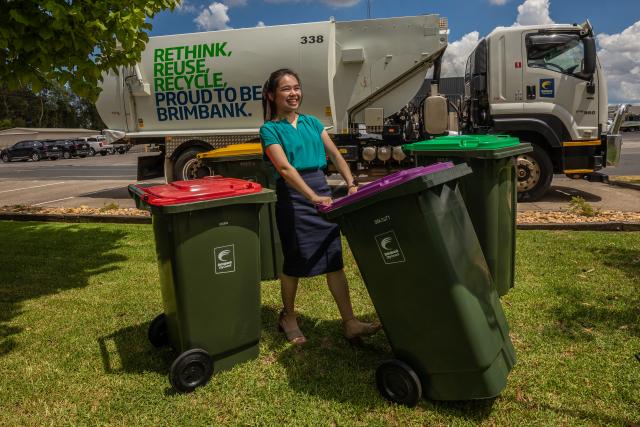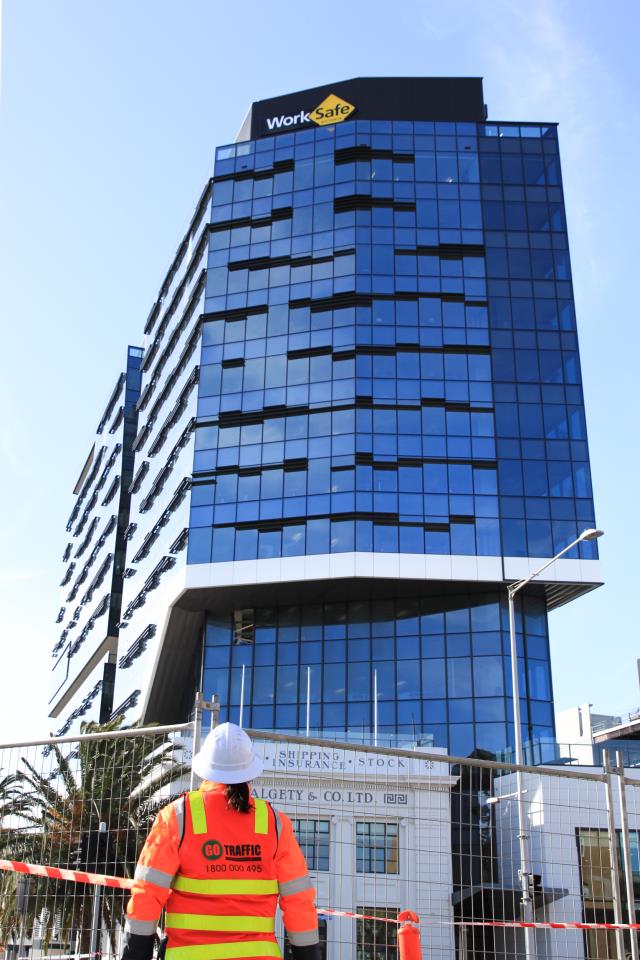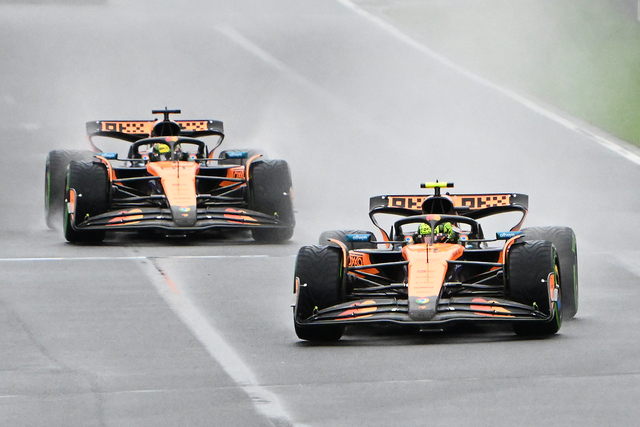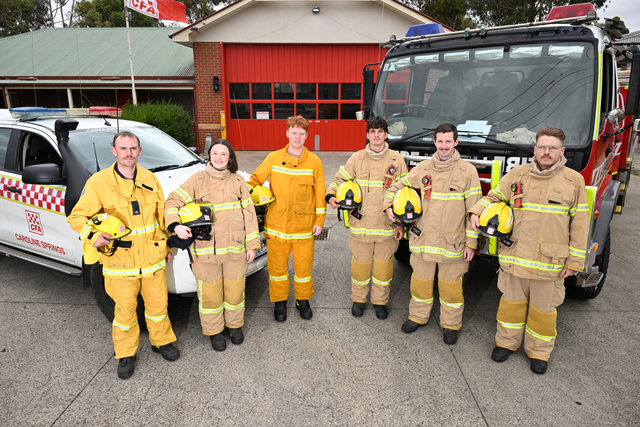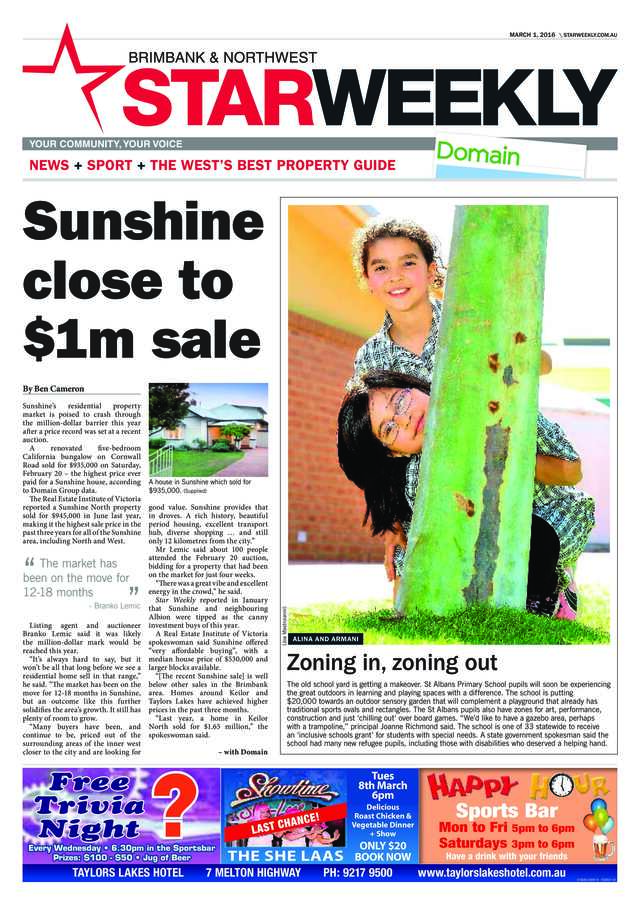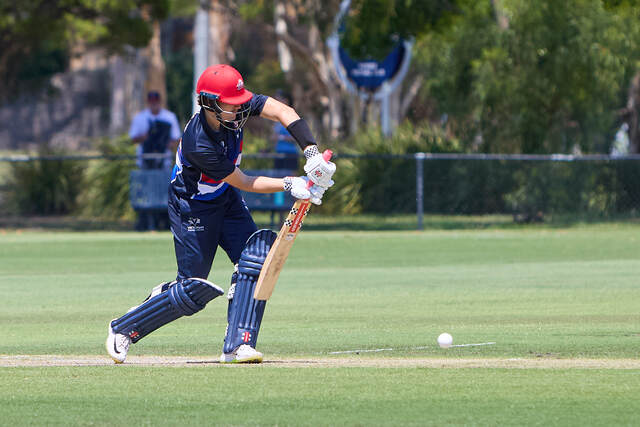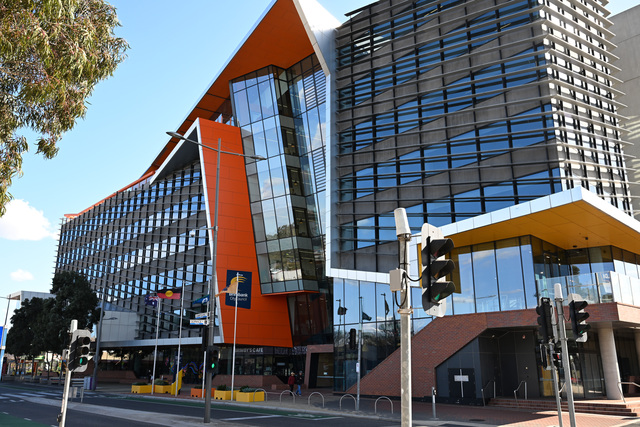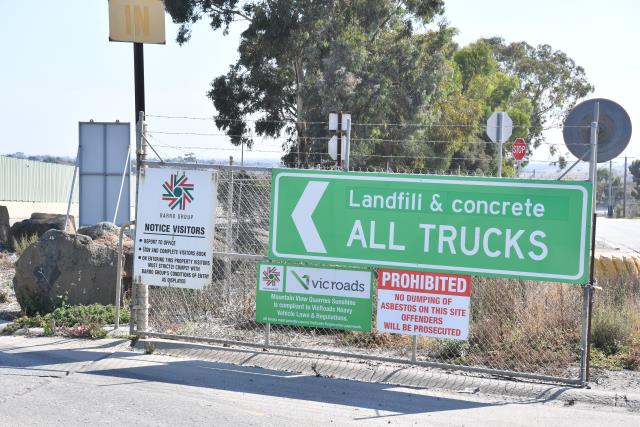Brimbank council is set to receive more than $100,000 as part of the latest round of state government funding for household recycling programs.
Brimbank residents currently have a household waste bin, a recycling bin and a green waste bin which is optional.
Earlier this year, the council said there were no plans to introduce more bins.
In July, Brimbank mayor Jasmine Nguyen said that local residents wanted a waste and recycling service that supported their needs.
“We all have an important role to play to stop the very real threats of the climate emergency,” she said.
“The recent move to adding food to Council’s optional green waste service is a step in the right direction.”
In July, the council released the results of residents’ views on bins and recycling.
The survey results showed 53 per cent saw the benefit of a four-bin waste and recycling service, while 41 per cent believed it was not good for the community and 62 per cent believed it would not suit their household needs.
The main concerns expressed were about garbage bin size, collection frequency, cost, contamination concerns and odour issues.
The amount of $101,636 allocated to Brimbank council is part of the state government’s second-round funding from the Circular Economy Household Education Fund (formerly the Recycling Victoria Household Education and Behaviour Change Fund) which provides councils and alpine resort management boards with financial support for delivering local recycling campaigns.
The state government supports a four-bin recycling scheme and hopes to introduce a separate glass service to all local government areas by 2027 and a food and garden organics bin collection by 2030.
The state government said the four-stream recycling system would help divert 80 per cent of all material away from landfill, including 20,000 tonnes of glass.

